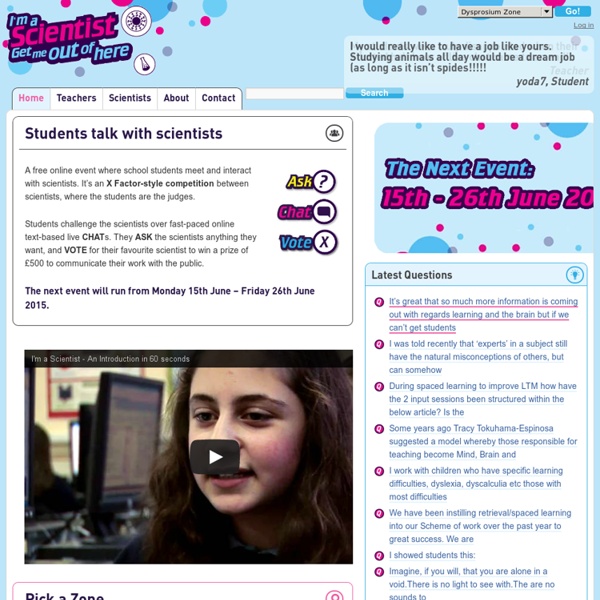



Outstanding teaching using the new #Ofsted framework « @ TeacherToolkit Firstly, this is not a model, just an experience… Ofsted background: …Throughout my teaching career, I’ve been part of 5 Ofsted inspections, dating back to 1997 as a class teacher, and most recently in 2011, my second as a senior teacher… When starting my current school, Oftsed had departed the day before! My wife, after 11 years of teaching has only been ‘subject to Ofsted’ once, but I’m sure some teachers across the country have averaged one every 2 or 3 years! My average is every 4… On each of the occasions I have ‘been done to’, the framework has changed and so has the experience; alternating from reply-slips and no-comments from the observing inspector, to a broad smile, coupled with detailed feedback and a reciprocated pair of ears. Believe me, I have received all levels of judgements throughout my career. What I’ve been up to: In my role as lead for Teaching and Learning, we have started a series of six-paired ’rounds’ of learning walks and paired feedback observations. “Aprons on!
Science Daily: News & Articles in Science, Health, Environment & Technology Making sense of science: introducing the Google Science Communication Fellows In an effort to foster a more open, transparent and accessible scientific dialogue, we’ve started a new effort aimed at inspiring pioneering use of technology, new media and computational thinking in the communication of science to diverse audiences. Initially, we’ll focus on communicating the science on climate change. We’re kicking off this effort by naming 21 Google Science Communication Fellows. These fellows were elected from a pool of applicants of early to mid-career Ph.D. scientists nominated by leaders in climate change research and science-based institutions across the U.S. It was hard to choose just 21 fellows from such an impressive pool of scientists; ultimately, we chose scientists who had the strongest potential to become excellent communicators.
ROLE | Responsive Open Learning Environments Flipmyclassroom - Resources Try Wikispaces Classroom now. Brand new from Wikispaces. guest Join | Help | Sign In Flipmyclassroom Home guest| Join | Help | Sign In Turn off "Getting Started" Loading... New scientist Humanity's dramatic race across the Old World after it left its African cradle has been told countless times. But for a true sense of the rapidity of events, look no further than the Y chromosome. The most comprehensive analysis of the Y yet shows that within 150 years, an evolutionary blink of an eye, the first migrants to make it into Eurasia split into three distinct groups that can still be identified today. Men inherit their Y chromosome from their fathers. Like all other chromosomes, the Y mutates over time so the more distant the relationship between two men, the more genetically distinct their Y chromosomes. In 2000, biologists used this fact to construct a family tree of all men, which shows how human populations around the world are related. But this tree was built using the information from a small samples of DNA on the Y chromosome, which revealed only around 100 sites of genetic variation that could help establish familial relations. 69 dudes A mountain high enough
Science Communication and Web 2.0: Can I play with you? « Bridge8 Sarah: One of the inherent things about the term ‘science communicator’ is its implication that scientists are pretty poor at talking about what they do. Tradition has it that most scientists work in relative seclusion, confined by necessity to the laboratories and institutions housing the equipment and peers in their chosen fields. That’s not to say that scientists don’t play sport, or join book clubs, or do cooking classes. At least that’s what the grown-up scientists do. I heard Janet Stemwedel and Helene Andrews-Polymenis use this term this morning as I listened to their presentation from Science Online 2011 (see here for conference website, and here for my previous post summarising this conference). “why is it that your generation feels compelled to do in public what the rest of us know to do in private?” But what do you think? About these ads Like this: Like Loading...
Who Uses Scrivener? Novelists Scrivener was initially designed for novel-writing and so it’s unsurprising that many of its users are novelists (as evidenced on our Testimonials page). Break the manuscript down into chapters or scenes and navigate between them easily using Scrivener’s binder. Import background research, images and notes. Use the corkboard and outliner to work out the best structure before, after or while you write the draft. Annotate or highlight text that needs revising, track characters and subplots using labels and keywords, work out the B-story using project notes, or just blot out all distractions and write. Read more about using Scrivener to write serial novels, with Monica McCarty. Scriptwriters “Creating a television show is all about chaos. While Scrivener is not a replacement for industry-standard screenplay software such as Final Draft, its familiar scriptwriting features can help with planning, structuring and formatting a script. Academics and Students Lawyers Journalists You
York Science — Embedding formative assessment Mail online The Third Reviewer